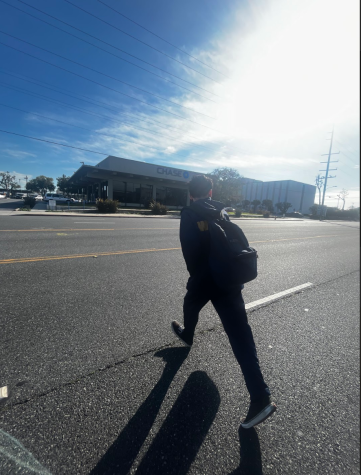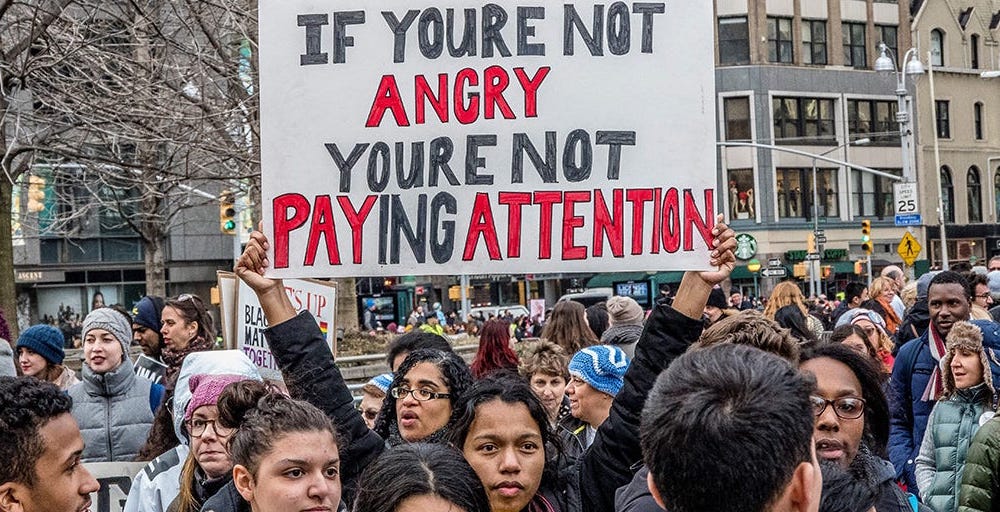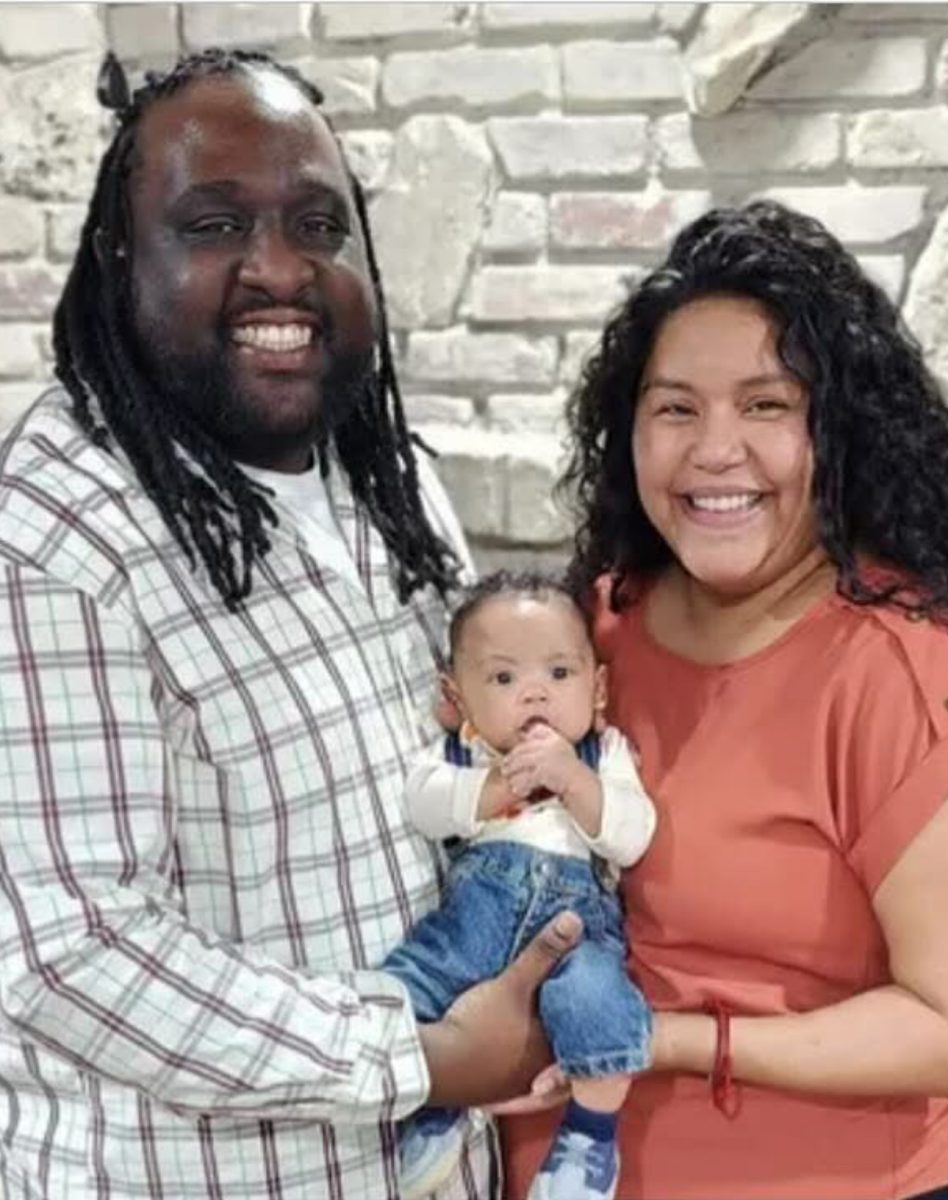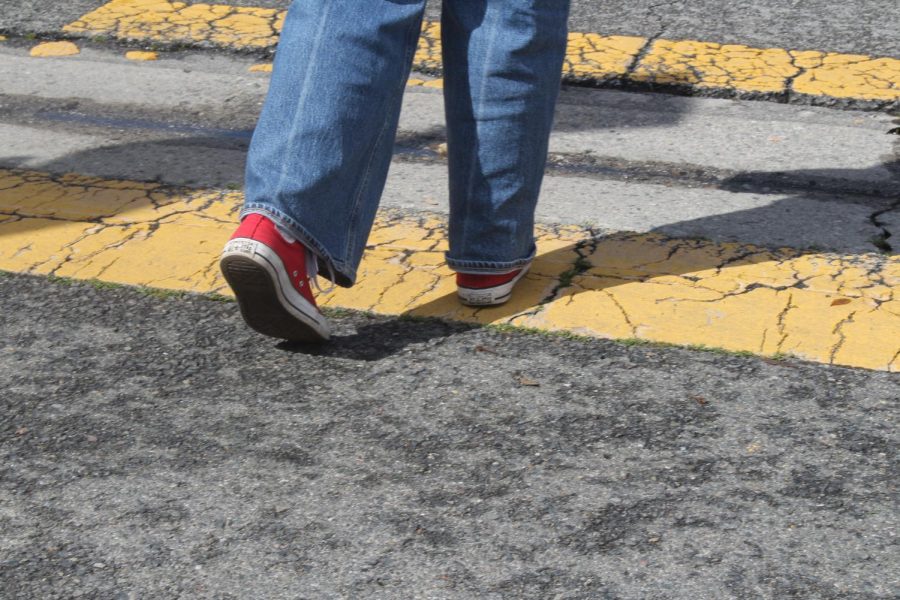Does California Finally Have the Freedom to Walk?
A student crosses the road on a crosswalk, instead of in the middle of the street.
March 24, 2023
If you’ve got somewhere to go and the road is clear, you might look both ways to see if no cars are coming and hurry across the street in a non-crosswalk zone. Although it is technically illegal, jaywalking is done by many people daily.
Alani Cerrano, COMPASS senior, said that even if jaywalking were completely illegal “…it honestly wouldn’t even matter, because what is a cop gonna do, walk up to you as you’re jaywalking?”
However, a new bill called the “Freedom To Walk” Act, which passed in 2023 will decriminalize jaywalking in California which is a positive change for the state. It will allow for fewer minority groups to be targeted for jaywalking and help equalize our justice system.
This idea of a police officer walking up to a jaywalker and getting the jaywalker in trouble isn’t too far-fetched; and according to a study in Los Angeles, people of color are more likely to be fined for jaywalking.
Many low-income neighborhoods don’t have designated crosswalks and pedestrians in those neighborhoods were fined for jaywalking causing more economic hardship in the community. This law also punishes citizens for not having access to crosswalks, which is unfair to people without control over whether they have crosswalks.
Ava Jauregui, MBA freshman, said, “It could be good and bad because a car could be coming really fast and you don’t know, but I also think it could be good because if you are just jaywalking real quick, you shouldn’t be fined for it.”
The amendment was first introduced in 2018, and although on the surface it may seem like it was added just to allow jaywalking, the reasoning seems to delve into the racism in our justice system.

The idea of equalizing the justice system has been a raging battle in the United States. Many people of color have suffered under the justice system unfairly in cases such as the George Floyd case in 2020, Emmett Till in 1955, and racial laws and discrimination going back to slavery and before the Civil War.
Mr. McWhorter, Millikan’s AP Human Geography, AP Government, and AP Macroeconomics teacher said, “The one concern that I may have with the law is that it might change the law from being objective to subjective, and each case will be in the gray area. Before it used to be you either jaywalked or you didn’t…it was black or white. Now, the courts might have more work to do if someone gets ticketed or fined.”
However, on further discussion with him, he did comment that this would help targeted minority groups. “There might be less fines if you kept data on who is getting jaywalking tickets and you might find a decrease within those populations with disproportionate exposure…”
Given this information, the new jaywalking law is a positive change for California. The law will allow more equality for our state’s system and allow struggling citizens to catch a break.

































